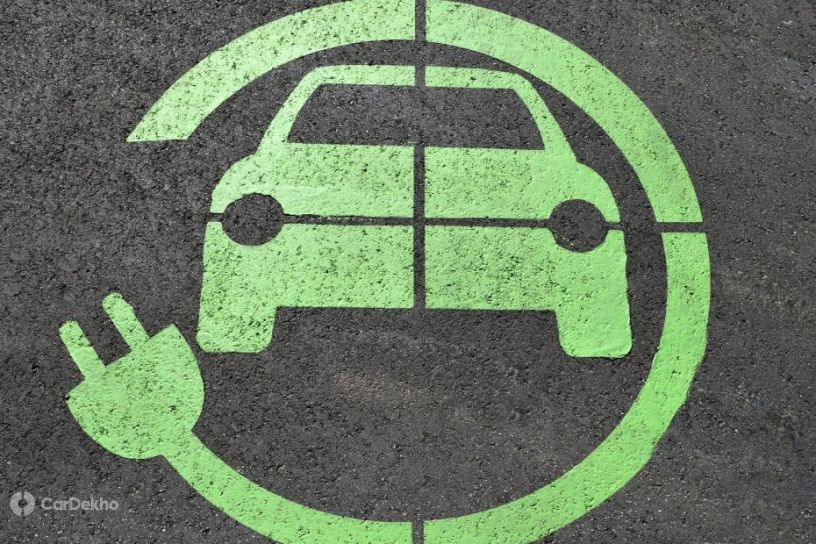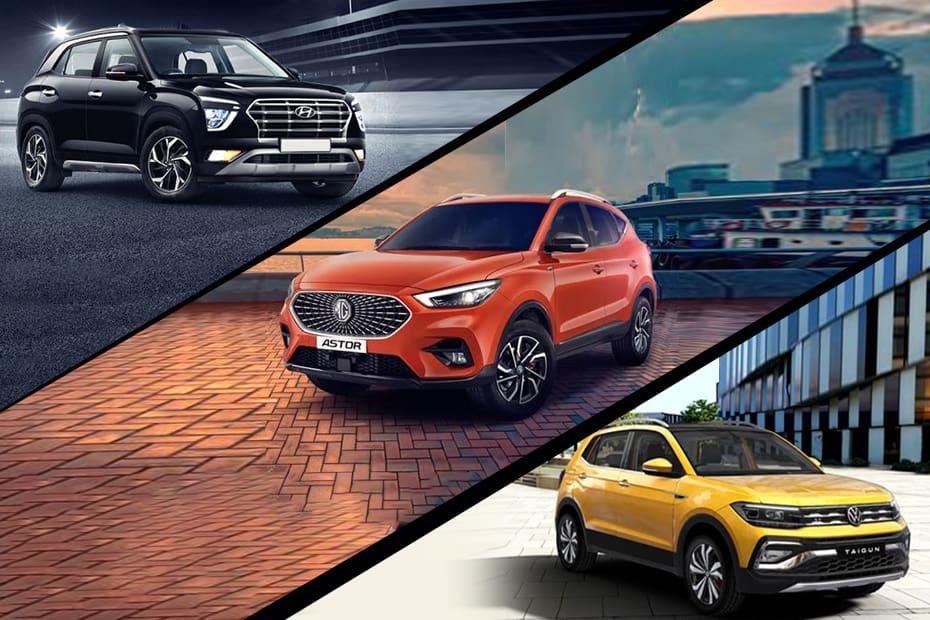Electric Vehicles Now Exempt From Road Tax In Delhi
Published On Oct 13, 2020 01:20 PM By Sonny
- Write a comment
Buying an EV in the capital just got more affordable
-
The Delhi transport government has exempted BEVs from road tax.
-
This reduces the final on-road price of EVs across segments.
-
Mass-market long-range EVs offered in India are the Tata Nexon EV, MG ZS EV and Hyundai Kona Electric.
-
The Nexon EV is relatively affordable with a starting price of Rs 13.99 lakh.
-
Premium models such as the ZS EV and Kona Electric which cost over Rs 20 lakh could get more affordable by a couple of lakhs.

The push for electrification around the globe depends heavily on government incentivisation. In India as well, various levels of government are trying to support the adoption of electric vehicles in different ways. Delhi has now exempted battery electric vehicles (BEVs) from road taxes as stated in the Delhi Motor Vehicles Taxation Act.

This change in policy will bring down the final road price of EVs registered in Delhi, making them slightly more affordable. Currently, we have the choice of three long-range EVs: Tata Nexon EV, Hyundai Kona Electric and MG ZS EV. The Nexon EV offers a claimed range of 312km on a full charge and is priced between Rs 13.99 lakh and Rs 15.99 lakh (ex-showroom Delhi) while the other two are more premium offerings priced over Rs 20 lakh. Only the Hyundai Kona EV offers a claimed range of more than 400km and is the most expensive choice. For the MG and Hyundai electric SUVs, the road tax exemption equals savings of a couple of lakhs on the final price of the car.

The luxury segment in India recently saw the introduction of EVs too with the launch of the Mercedes-Benz EQC and the likes of the Audi e-tron, Jaguar iPace and Porsche Taycan due to arrive soon. More brands across segments are expected to introduce pure-EV models in India in the next year alone as new technologies become more prevalent and practical to live with.

The exemption does not seem to extend to hybrid vehicles such as the Toyota Camry or the Volvo XC90 Plug-in hybrid. Overall, the administrative push for electrification in India seems keen on skipping the hybridisation stage altogether by not offering similar incentives to both buyers and carmakers. We could see other local governments rolling out similar tax exemptions for EVs while the infrastructural update to support electrified mobility continues in the background.
1 out of 1 found this helpful















